Jack Walters
Guest Reporter
Security experts have warned that the recent terror attack in New Orleans serves as an urgent wake-up call for Britain about the possibility of further domestic attacks from Isis.
The discovery of an Islamic State flag in the pickup truck driven by attacker Shamsud-Din Jabbar signals that the terrorist group is 'back in business', according to security specialists.
Former military leaders are now urging the Prime Minister to increase vigilance against potential plots in the UK and strengthen border security to prevent attackers from infiltrating Britain.
The warnings come as Britain's terrorist threat level remains at substantial, meaning an attack is likely.
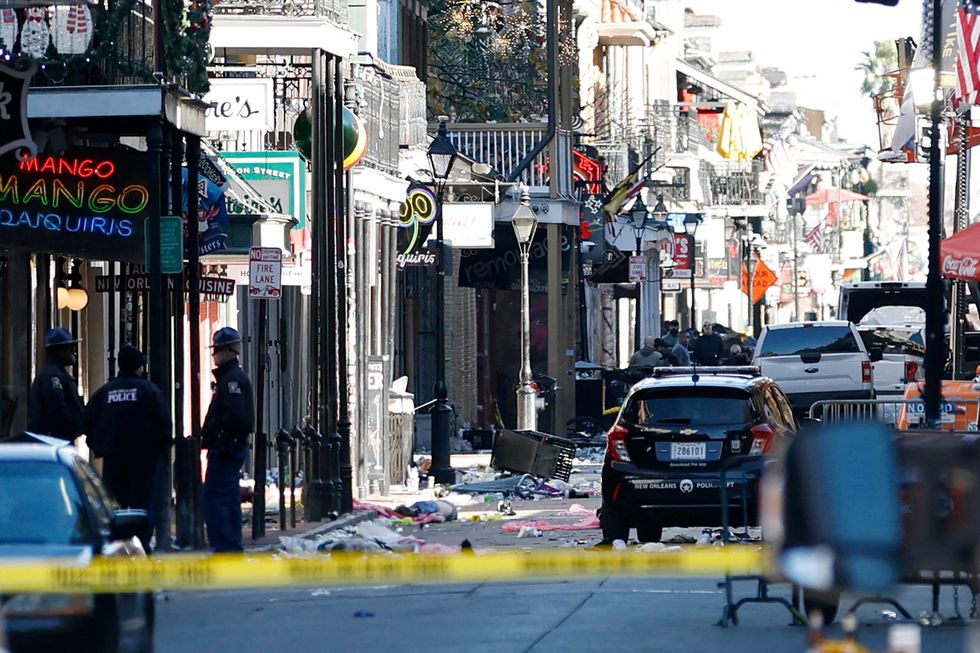
Isis gained global prominence a decade ago, conquering vast territories and enforcing its extremist interpretation of Islamic law over approximately 12 million people.
At its peak, the group commanded around 30,000 fighters and managed a budget of nearly £1billion.
Though a US-led coalition destroyed much of Isis's infrastructure between 2015 and 2019, with an estimated 60,000 supporters killed, the group's influence persists.
Thousands of Isis supporters remain active in West Asia, and the group's influence has spread through East Africa from Mauritania to Somalia.
The terrorist organisation maintains an active online presence, regularly disseminating propaganda and extremist messaging.
Professor Paul Rogers, Emeritus of Peace Studies at Bradford University, warns that the threat from Isis never truly disappeared.
LATEST DEVELOPMENTS:
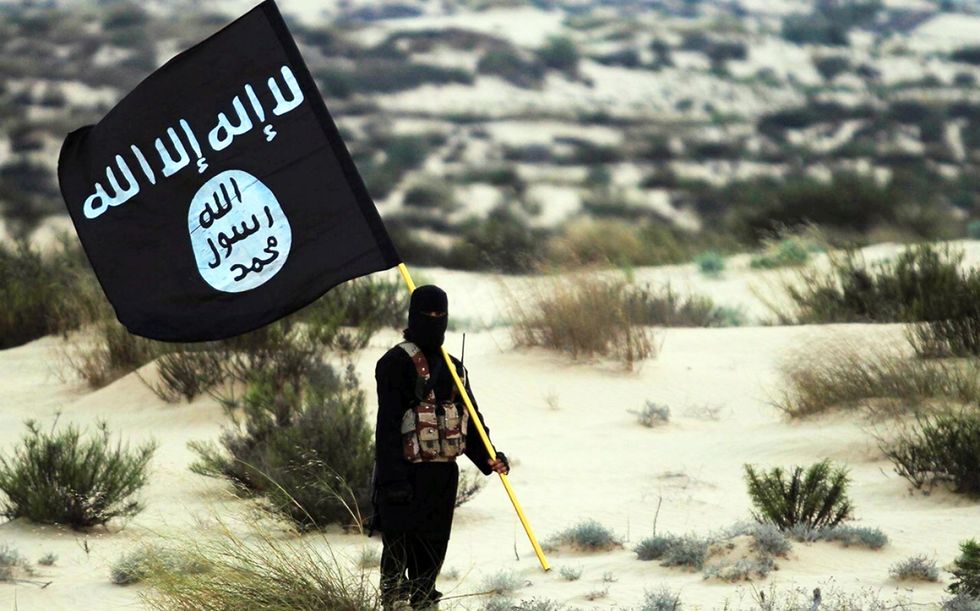
"There is an assumption that Isis is all gone but that is simply not the case. They never went away," says the author of The Insecurity Trap.
He cautions that the elimination of 60,000 Isis supporters over the past decade may have further radicalised survivors.
"Many of the dead had brothers, sons, fathers and friends who were further then inspired by their deaths to take action," Prof Rogers explains.
He warns that if direct Isis links to the New Orleans attack are confirmed, it would indicate an active organisation capable of directing lethal attacks worldwide.
Anthony Glees, director at the Centre for Security and Intelligence Studies at the University of Buckingham, warns that Britain must strengthen its border controls to prevent extremists from entering the country.
"There may be people already in this country who have been Isis fanatics but who will have felt that when the caliphate was destroyed in Syria and Iraq there was no hope for the cause," he says.
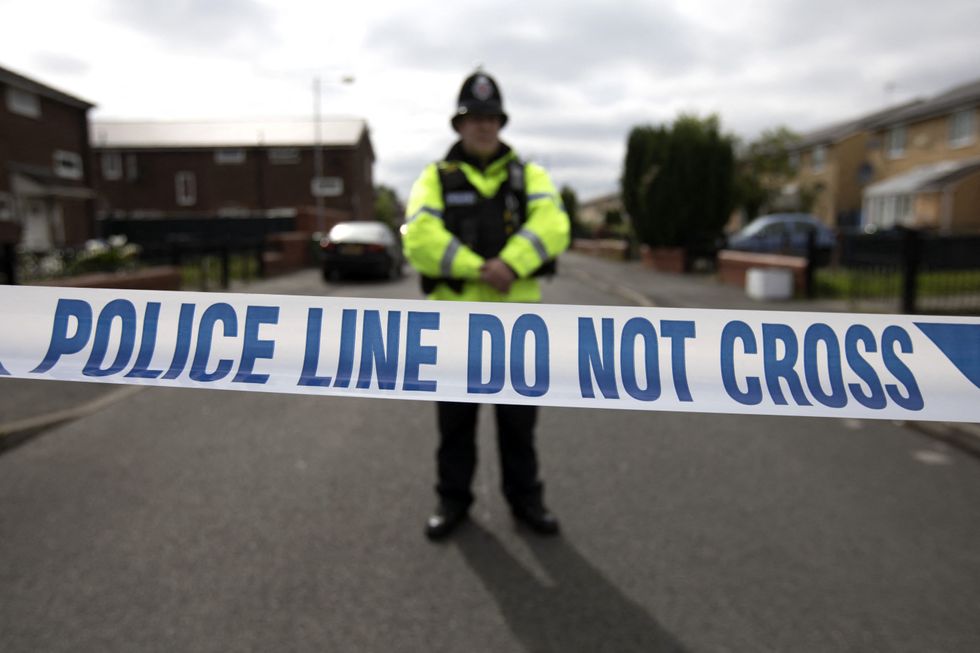
These individuals could now feel "inspired" and "emboldened" to take action, according to Glees.
He emphasises that the ongoing small boats crisis presents a significant security risk.
"This is another reason why we need to stop the small boats crisis. We are admitting people into the country who might be ideologically driven to cause us harm."
Terror expert Philip Ingram warns there is a "very real potential" for copycat attacks following the US incident and the recent car attack in Magdeburg, Germany.
Former UK army commander Colonel Hamish De Bretton-Gordon describes these incidents as a "wake-up call for this country."
"Islamic State and the jihadist threat generally has not gone away, despite the focus of the world being on saving Ukraine from the tyrant in the Kremlin," he says.
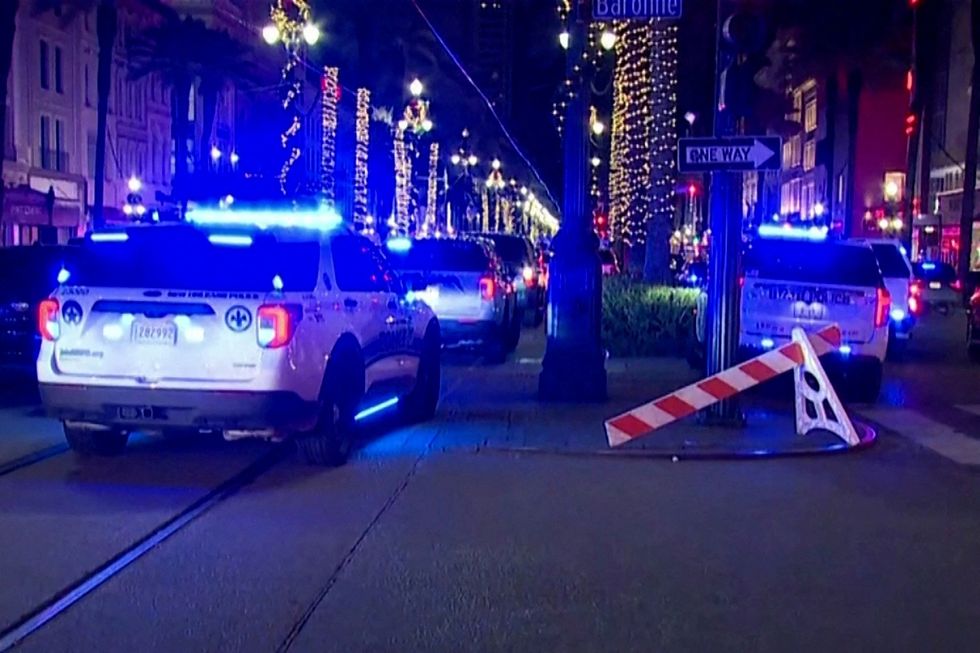
He urges vigilance against terror threats regardless of events in Eastern Europe and the Middle East.
"The jihadists will strike if they see any chinks in our armour. The Prime Minister needs to be reminded that defence and security of this nation should be his primary responsibility."
Chris Phillips, former head of the National Counter Terrorism Office, warns that famous London landmarks with high tourist concentrations could be potential targets for copycat attacks.
He notes that many landmarks are already protected by hostile vehicle measures against vehicular attacks similar to New Orleans.
However, Phillips emphasises that protecting every possible target becomes impossible when balancing public freedoms.
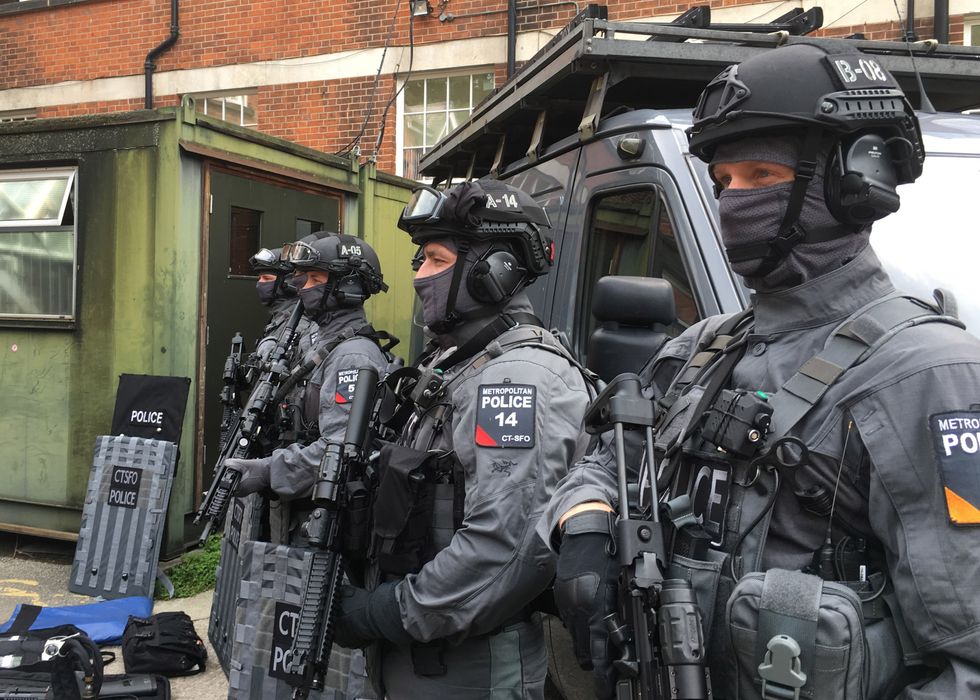
"It's impossible to protect them all from someone who can just jump into a car and drive at the public. Intelligence is the only real way to stop an attack like this, before they get into the vehicle," he says.
A Counter Terror Policing spokesman says they are continuously assessing international events for potential implications to UK national security.
The spokesman expressed solidarity with those affected by the New Orleans attack, including US law enforcement colleagues.
They confirmed that Britain's terrorist threat level remains at substantial, meaning an attack is likely.
"Public vigilance is critical to our efforts to keep our communities safe and we continue to ask people to report anything that doesnt feel right to police. Always call 999 in an emergency," the spokesman said.
The public is urged to remain alert and report suspicious activity to authorities.
Find Out More...
The discovery of an Islamic State flag in the pickup truck driven by attacker Shamsud-Din Jabbar signals that the terrorist group is 'back in business', according to security specialists.
Former military leaders are now urging the Prime Minister to increase vigilance against potential plots in the UK and strengthen border security to prevent attackers from infiltrating Britain.
The warnings come as Britain's terrorist threat level remains at substantial, meaning an attack is likely.

Isis gained global prominence a decade ago, conquering vast territories and enforcing its extremist interpretation of Islamic law over approximately 12 million people.
At its peak, the group commanded around 30,000 fighters and managed a budget of nearly £1billion.
Though a US-led coalition destroyed much of Isis's infrastructure between 2015 and 2019, with an estimated 60,000 supporters killed, the group's influence persists.
Thousands of Isis supporters remain active in West Asia, and the group's influence has spread through East Africa from Mauritania to Somalia.
The terrorist organisation maintains an active online presence, regularly disseminating propaganda and extremist messaging.
Professor Paul Rogers, Emeritus of Peace Studies at Bradford University, warns that the threat from Isis never truly disappeared.
LATEST DEVELOPMENTS:
- Donald Trump's Las Vegas hotel truck driver was 'active US special forces member'
- At least 10 people wounded in mass shooting outside nightclub hours after New Orleans terror attack
- Elon Musk calls for a 'new election in Britain' as new poll shows Labour's support is plummeting

"There is an assumption that Isis is all gone but that is simply not the case. They never went away," says the author of The Insecurity Trap.
He cautions that the elimination of 60,000 Isis supporters over the past decade may have further radicalised survivors.
"Many of the dead had brothers, sons, fathers and friends who were further then inspired by their deaths to take action," Prof Rogers explains.
He warns that if direct Isis links to the New Orleans attack are confirmed, it would indicate an active organisation capable of directing lethal attacks worldwide.
Anthony Glees, director at the Centre for Security and Intelligence Studies at the University of Buckingham, warns that Britain must strengthen its border controls to prevent extremists from entering the country.
"There may be people already in this country who have been Isis fanatics but who will have felt that when the caliphate was destroyed in Syria and Iraq there was no hope for the cause," he says.

These individuals could now feel "inspired" and "emboldened" to take action, according to Glees.
He emphasises that the ongoing small boats crisis presents a significant security risk.
"This is another reason why we need to stop the small boats crisis. We are admitting people into the country who might be ideologically driven to cause us harm."
Terror expert Philip Ingram warns there is a "very real potential" for copycat attacks following the US incident and the recent car attack in Magdeburg, Germany.
Former UK army commander Colonel Hamish De Bretton-Gordon describes these incidents as a "wake-up call for this country."
"Islamic State and the jihadist threat generally has not gone away, despite the focus of the world being on saving Ukraine from the tyrant in the Kremlin," he says.

He urges vigilance against terror threats regardless of events in Eastern Europe and the Middle East.
"The jihadists will strike if they see any chinks in our armour. The Prime Minister needs to be reminded that defence and security of this nation should be his primary responsibility."
Chris Phillips, former head of the National Counter Terrorism Office, warns that famous London landmarks with high tourist concentrations could be potential targets for copycat attacks.
He notes that many landmarks are already protected by hostile vehicle measures against vehicular attacks similar to New Orleans.
However, Phillips emphasises that protecting every possible target becomes impossible when balancing public freedoms.

"It's impossible to protect them all from someone who can just jump into a car and drive at the public. Intelligence is the only real way to stop an attack like this, before they get into the vehicle," he says.
A Counter Terror Policing spokesman says they are continuously assessing international events for potential implications to UK national security.
The spokesman expressed solidarity with those affected by the New Orleans attack, including US law enforcement colleagues.
They confirmed that Britain's terrorist threat level remains at substantial, meaning an attack is likely.
"Public vigilance is critical to our efforts to keep our communities safe and we continue to ask people to report anything that doesnt feel right to police. Always call 999 in an emergency," the spokesman said.
The public is urged to remain alert and report suspicious activity to authorities.
Find Out More...
